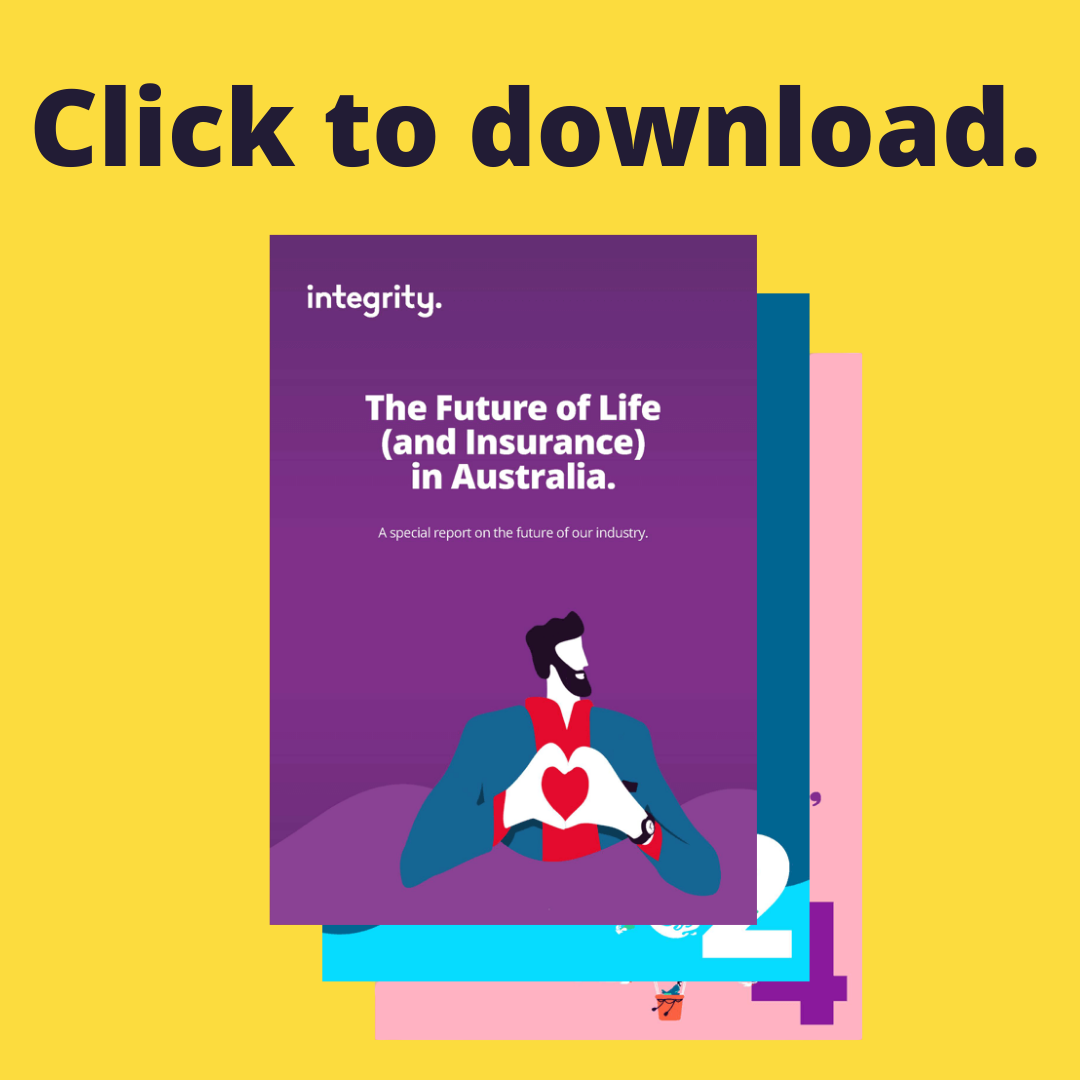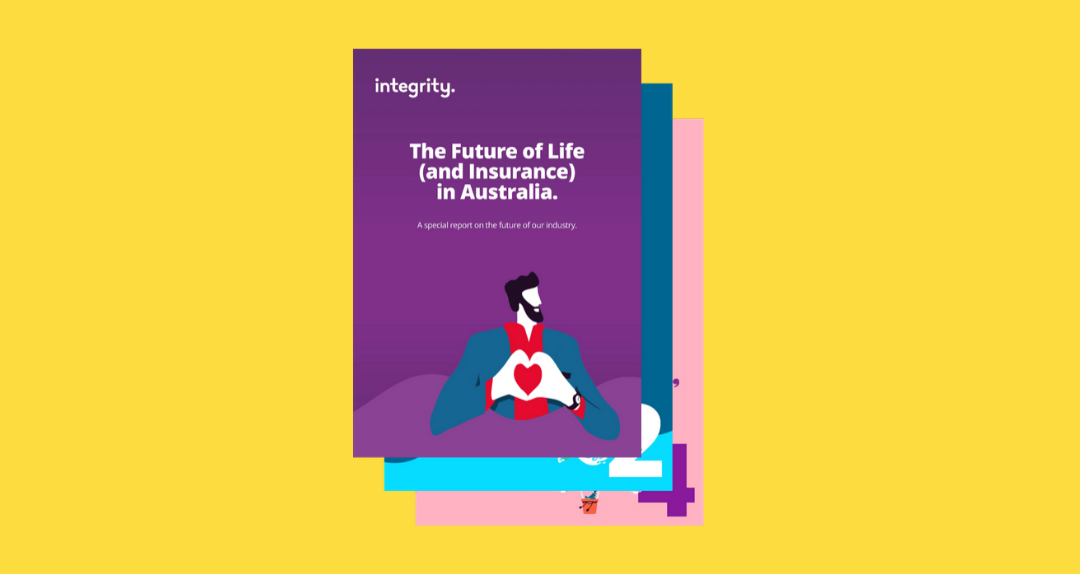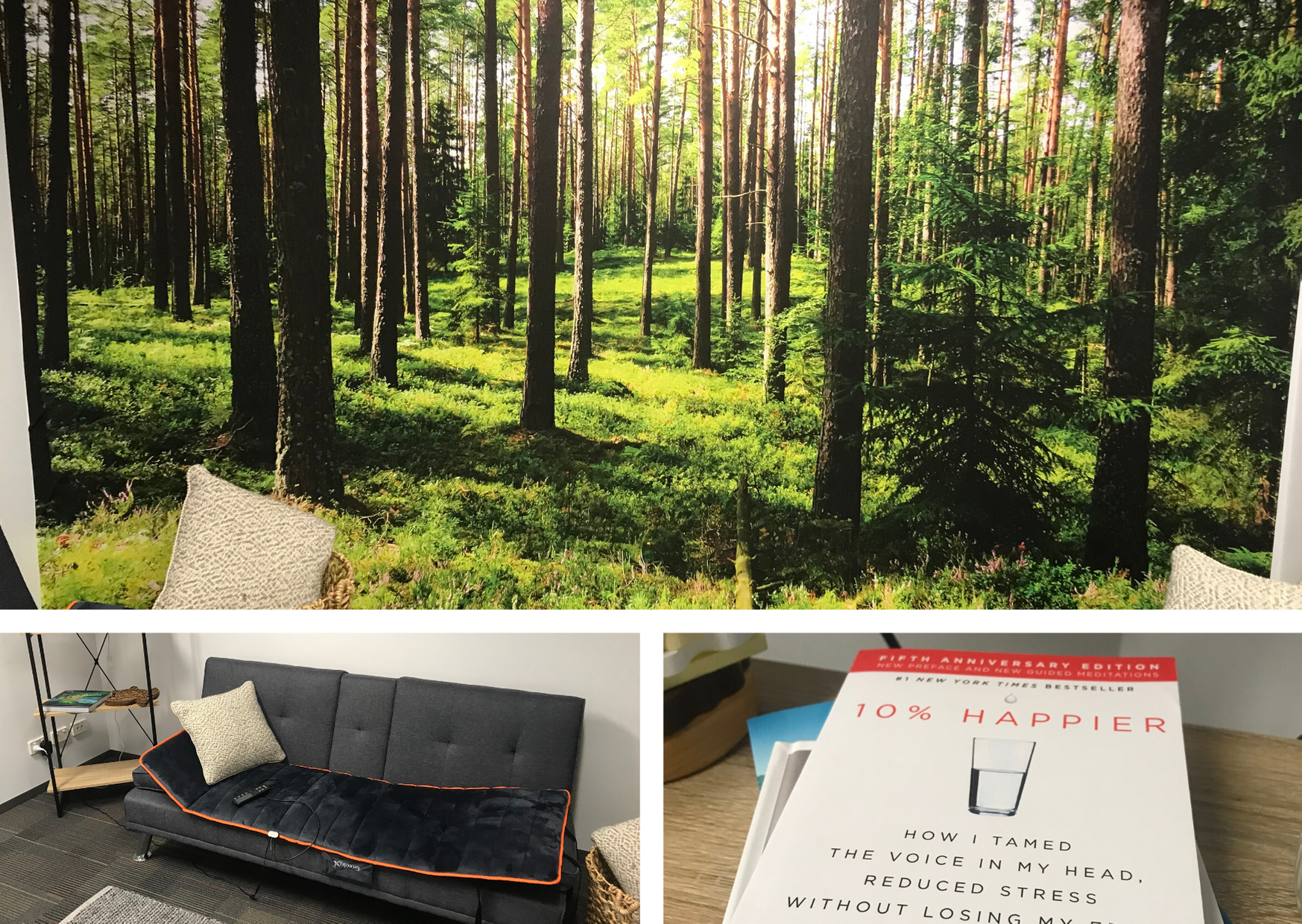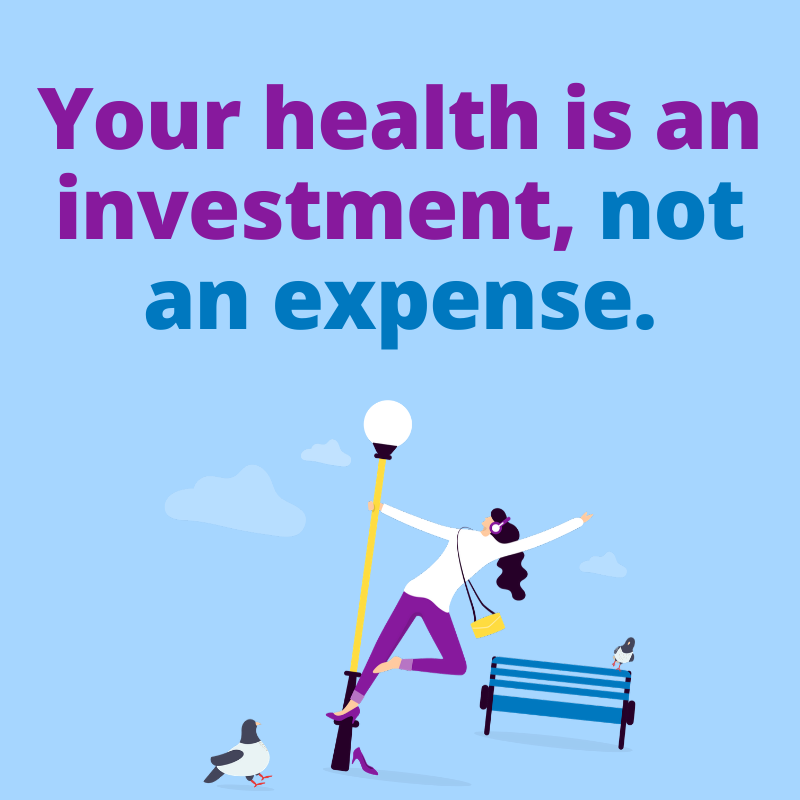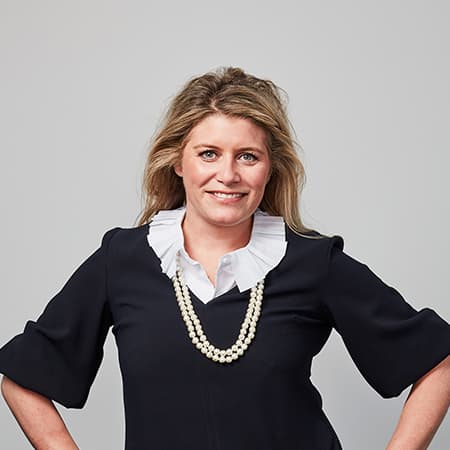
COVID-19 and Underwriting: Additional Questions
COVID-19 and Underwriting: Additional Questions
Across Australia, drastic measures are being taken to control the spread of COVID-19. Numerous clusters have developed, particularly in VIC and NSW, and with a large spike in confirmed cases, community transmission is now a reality.
Despite the additional risk, we continue to apply our usual common-sense approach to underwriting with the addition of some more specific questions on COVID-19 to evolve with the situation.
What’s changed?
For the vast majority of applications, there will be no change. If your client has not been affected by the virus, it will still be possible to complete a case with straight through processing, just as it is with many other disclosures.
For those applicants who have been impacted by the COVID-19 virus pandemic, we will continue to apply our overarching underwriting philosophy using a fact based, common sense and research driven approach. They may be asked additional questions based on the information they provide.
Being there when you need us most.
From the onset of COVID-19, Integrity has maintained no blanket exclusions or restrictions on applications.
As a signatory to the FSC COVID-19 initiative, we believe in protecting the people who are protecting us. That’s why we’ve supported expanding the definition of “Frontline workers” to include; All hospital workers, ambulance workers and paramedics, people who work at a GP surgery or clinic, workers at COVID-19 testing sites, people providing mental healthcare services, workers developing a COVID-19 vaccine or treatment, pharmacists, police, aged care workers, and volunteers helping to support people with COVID-19.
What if I have additional questions?
We know it’s an extraordinary time to be working in this industry, so our entire team is available to help support you. If you have questions for our Chief Underwriter, Chief Actuary, Head of Claims or our Rules Engine Manager, we’re happy to get you in direct contact with them, just get in touch.

